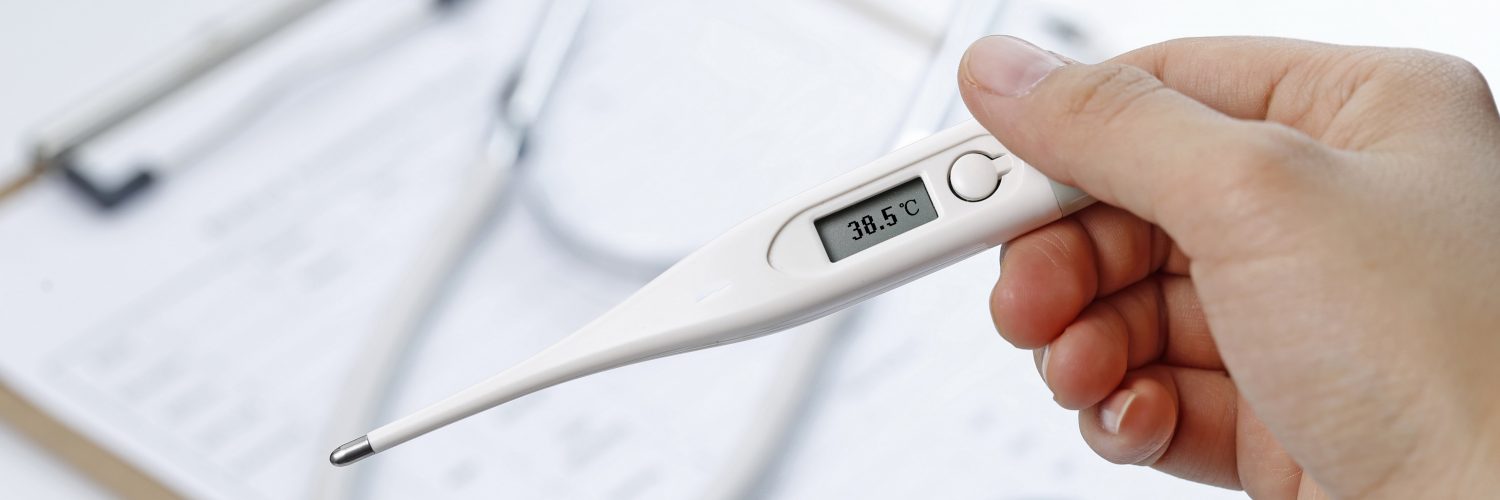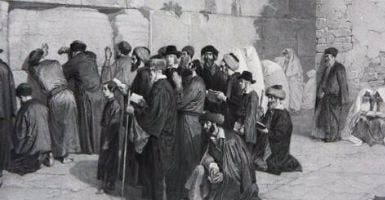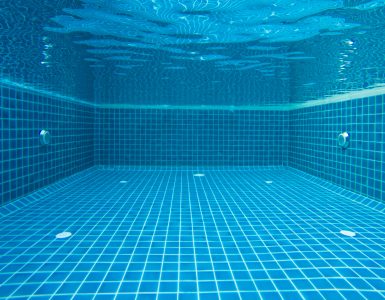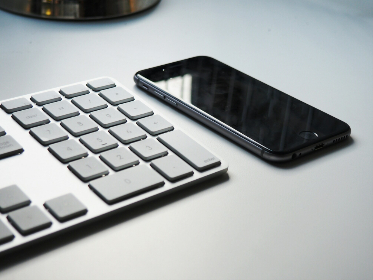Medida shel Mitzva
In the past[1], we have discussed measuring and weighing on Shabbos for medical purposes and identified two reasons for the Issur d’Rabbanan of measuring on Shabbos. First, it may constitute “Uvdin d’Chol“, a ban against activities typically performed in commercial or industrial contexts (Rashi Beitza 29a[2]). This is a more lenient Issur that may be waived for a Mitzva (Tosfos Shabbos 126b[3]). Second, it may be a precaution to prevent people from buying and selling on Shabbos (Rambam, Hilchos Yom Tov 4:19-21).
The Shulchan Aruch rules that one may measure the girth of a sick person on Shabbos while whispering an incantation (O.C. 306:7). The Tur cites two reasons for this: According to the Avi haEzri (202), it is considered Misasek; in other words, it is an unnecessary and meaningless component of the medical procedure. However, according to the Maharam m’Rothenburg (Tashbetz Katan 58), the measurement is purposeful, but still permitted since it is for a Mitzvah (see Elya Raba, ibid.). The Shulchan Aruch accepts this latter reason.
The Shulchan Aruch’s ruling is the basis for the opinion of many Poskim that taking a patient’s temperature is permissible on Shabbos, even if his life is not endangered (Mishna Berura ibid. 36, Igros Moshe O.C. 128, Me’orei haEish 2:3:4, and Shulchan Shlomo Erkei Refua vol. 2 p. 142).
Many Poskim rule that it is forbidden for healthy people to take their temperature on Shabbos, since it is not a Mitzva (Minchas Yitzchak 3:142, 10:31 and Tzitz Eliezer 11:38). However, a woman experiencing infertility may measure her body temperature to determine when she is ovulating since this is a Mitzva (Shevet HaLevi 1:61).
Muktza
Is a thermometer Muktza on Shabbos? On the one hand, many households keep thermometers to take the temperature of those who are ill – an activity permitted on Shabbos. Therefore, it should be considered a Keli sheMelachto l’Heter – an object whose intended function is permissible on Shabbos.
On the other hand, since a thermometer is a measuring device, designed to perform an activity that is essentially prohibited on Shabbos (for example, one may not measure food temperature on Shabbos), perhaps it should be considered a Keli sheMelachto l’Issur – an object whose intended function is not permitted on Shabbos.[4]
Some Poskim rule that it is Muktza, and one must return it to its place immediately after measuring a patient’s temperature (Shemiras Shabbos Kehilchasa 2:32). Others disagree (R’ Shlomo Zalman Auerbach zt”l, as cited in Shemiras Shabbos Kehilchasa 40:2, and Or l’Tzion 2:26:11).
R’ Shlomo Zalman adds a further argument as to why a thermometer should not be Muktza:
Measuring temperature is different. The prohibition of measuring is due to Uvdin d’Chol, since it is typically performed while negotiating the price of an item being sold. However, in this case, the measurement is to determine a specific person’s temperature at a given time and only concerns that particular person. What precedent is there to say that this is Uvdin d’Chol?
R’ Moshe Feinstein (Igros Moshe O.C. 1:128) also argues that measuring temperature is not included in the Issur of Medida. He concludes that refraining from measuring temperature(s) on Shabbos is a Chumra, but we do not protest against someone who wishes to be lenient. It is worth noting that according to this line of reasoning, even a healthy person would be allowed to take his temperature on Shabbos.
Our discussion to this point has focused on those whose lives are not endangered. In such cases, it is forbidden to use a digital thermometer and an analog (e.g., mercury) should be used instead. However, in any scenario where there is a risk of Sakanas Nefashos, one may certainly use a digital thermometer if no mercury thermometer is available (Chut Shani 4:185, Orchos Shabbos 2:20:166).
Is a digital thermometer Muktza when it is not in use? On the one hand, in any given area there are always seriously ill people (as well as women in childbirth) for whom these devices may be used on Shabbos. Moreover, many causes of fever are potentially life-threatening. If so, a digital thermometer is an item that is designed for use in Pikuach Nefesh situations, which means that it is a Keli with both permissible and prohibited functions on Shabbos and should not be considered Muktza.
This would apply even in homes where there are no dangerously ill patients at the moment since there are likely to be such patients somewhere in the vicinity. We can extrapolate from the Halacha of animal food that is not Muktza even if one does not have pets at home (Shulchan Aruch O.C. 308:29), and the deliberate movement of burial tools on Yom Tov Sheni even if nobody has currently died and requires burial (Ramban, Toras ha’Adam, as cited by the Magen Avraham O.C. 526:14). In other words, even when one does not have a permissible activity at hand, the potential for a permissible purpose arising somewhere in the vicinity is enough to define an item as having permissible functions. The same should apply to a digital thermometer.
On the other hand, since mercury thermometers are generally readily available, perhaps a digital thermometer should be Muktza since it is unlikely that it will be required on Shabbos (and Choleh sheYesh Bo Sakana is uncommon – see Tosfos Pesachim 46b s.v. Rabba Amar).
The Orchos Shabbos (2:19:59, 85) does not provide a conclusive answer to this question. The Minchas Ish rules that it depends on the scenario; if a patient whose life is endangered is present, a digital thermometer is a Keli sheMelachto l’Heter, otherwise, it is a Keli sheMelachto l’Issur.
[1] Shemos 5783, “An Ounce of Prevention, A Pound of Cure – Even on Shabbos!”
[2] s.v. v’Asa R’ Yehuda l’Meimar
[3] s.v. umi’Divreihen Lamadnu
[4] In fact, perhaps it is even Muktza Machmas Chisaron Kis.















Add comment